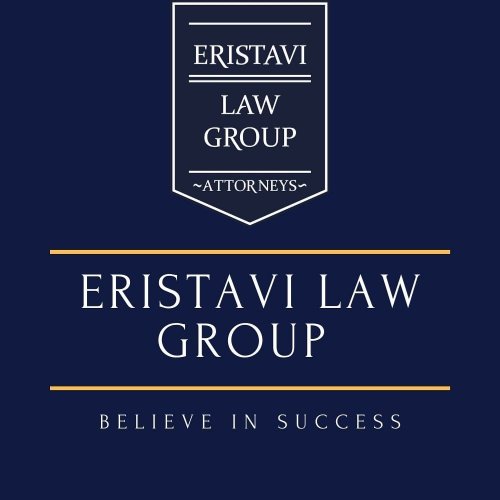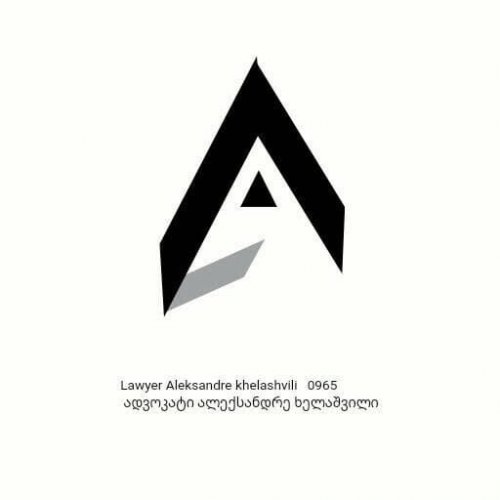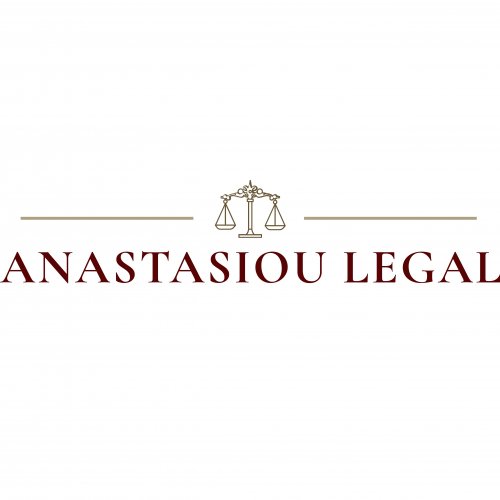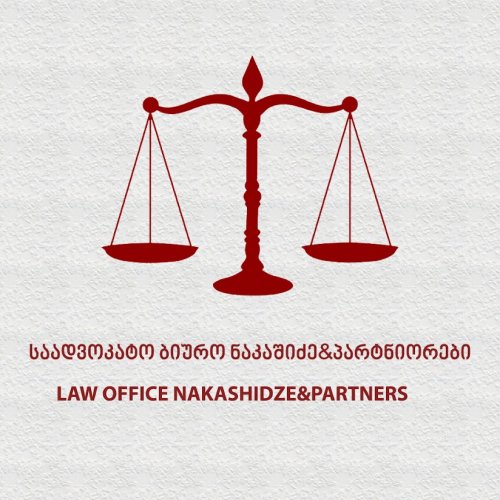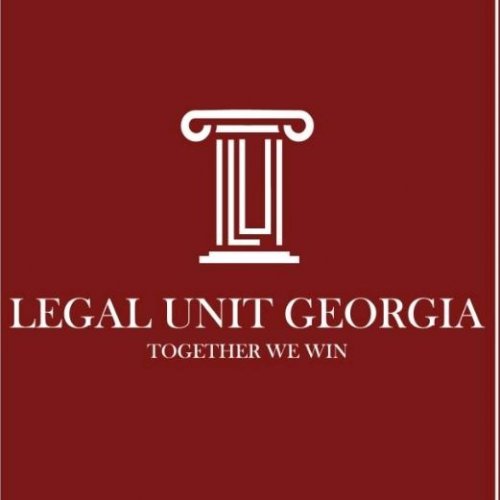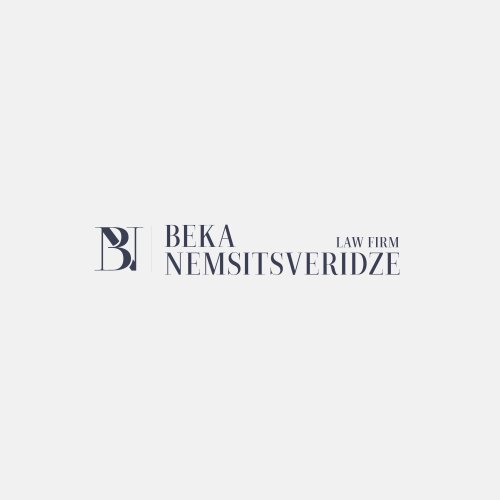Best Faith-Based Law Lawyers in Tbilisi
Share your needs with us, get contacted by law firms.
Free. Takes 2 min.
List of the best lawyers in Tbilisi, Georgia
About Faith-Based Law in Tbilisi, Georgia
Faith-Based Law in Tbilisi, Georgia, encompasses the legal regulations and practices that allow religious communities to govern themselves in certain areas according to their religious doctrines. These laws are part of a broader legal system where civil and religious laws coexist, allowing for a diverse interpretation of family, contractual, and community matters under the guidance of religious tenets. In Georgia, where the Georgian Orthodox Church plays a significant cultural and historical role, Faith-Based Law often intersects with both civil obligations and religious practices.
Why You May Need a Lawyer
Individuals may require legal assistance in Faith-Based Law for a variety of reasons. Common situations include resolving family disputes where religious law is applicable, such as marriage, divorce, or inheritance issues; understanding rights and obligations within religious communities; and navigating conflicts between civil and religious laws. Additionally, organizations and individuals may need guidance on the establishment and functioning of faith-based institutions, ensuring compliance with both religious mandates and state laws.
Local Laws Overview
The legal framework in Georgia allows for an intersection between civil laws and religious customs. Key aspects include the recognition of religious ceremonies in civil contexts, such as marriage; the ability of religious communities to self-regulate in certain areas like schooling and cultural activities; and the acknowledgment of religious bodies in property and charity laws. It is crucial to understand how these laws interact, especially when resolving matters that involve both state and religious jurisdictions.
Frequently Asked Questions
How does Faith-Based Law differ from civil law in Georgia?
Faith-Based Law allows for the application of religious doctrines in personal and communal matters, while civil law governs the general legal context. Both systems can coexist, with Faith-Based Law providing guidance within specific religious frameworks.
Can religious marriages be recognized under Georgian law?
Yes, religious marriages are often recognized if they comply with the civil registration requirements. It's important to ensure the proper legal documentation is completed for full legal recognition.
What should I do if there is a conflict between my religious beliefs and civil law?
Consulting with a lawyer experienced in both Faith-Based and civil law can help navigate conflicts and offer solutions that respect both legal systems.
Are religious communities allowed to have their own educational institutions?
Yes, religious communities can establish educational institutions, but they must comply with state educational standards and legal requirements.
What are my rights regarding inheritance under Faith-Based Law?
Inheritance rights might be influenced by religious laws in communities where such practices are recognized. It's important to understand both civil and religious implications when involved in inheritance matters.
How can a lawyer help with conflicts within a religious institution?
A lawyer can offer mediation services, ensure compliance with regulatory standards, and provide legal representation if disputes require formal resolution.
Are faith-based contracts legally binding in Tbilisi, Georgia?
Faith-based contracts need to align with both religious principles and state law to be legally binding. Legal advice can ensure that all conditions are met for enforceability.
What is the role of the Georgian Orthodox Church in state law?
The Georgian Orthodox Church holds a significant cultural position and can influence certain legal areas, but state laws still govern all civil matters independently.
How do I register a religious organization in Georgia?
Registration involves complying with the state requirements for religious organizations, including submitting an application to the Georgian Ministry of Justice and meeting specific criteria.
Can I resolve a legal issue through religious arbitration?
Yes, religious arbitration can be used, but its decisions should not conflict with civil law. It is also advisable to seek legal counsel to ensure enforceability and compliance.
Additional Resources
For those seeking guidance, several resources can be helpful:
- The Ministry of Justice of Georgia, which provides official guidance on legal compliance for religious communities.
- The Georgian Orthodox Church and other recognized religious bodies offer internal resources and guidance.
- Non-governmental organizations focused on human rights and religious freedoms in Georgia can provide support and advocacy.
Next Steps
If you need legal assistance in Faith-Based Law, consider the following steps:
- Identify your specific legal need and the religious aspects involved.
- Research lawyers or legal firms in Tbilisi with experience in Faith-Based Law and related civil law areas.
- Prepare all necessary documentation and background information for your legal consultation.
- Schedule a consultation to discuss your case, understand your rights, and explore possible legal actions.
Lawzana helps you find the best lawyers and law firms in Tbilisi through a curated and pre-screened list of qualified legal professionals. Our platform offers rankings and detailed profiles of attorneys and law firms, allowing you to compare based on practice areas, including Faith-Based Law, experience, and client feedback.
Each profile includes a description of the firm's areas of practice, client reviews, team members and partners, year of establishment, spoken languages, office locations, contact information, social media presence, and any published articles or resources. Most firms on our platform speak English and are experienced in both local and international legal matters.
Get a quote from top-rated law firms in Tbilisi, Georgia — quickly, securely, and without unnecessary hassle.
Disclaimer:
The information provided on this page is for general informational purposes only and does not constitute legal advice. While we strive to ensure the accuracy and relevance of the content, legal information may change over time, and interpretations of the law can vary. You should always consult with a qualified legal professional for advice specific to your situation.
We disclaim all liability for actions taken or not taken based on the content of this page. If you believe any information is incorrect or outdated, please contact us, and we will review and update it where appropriate.



